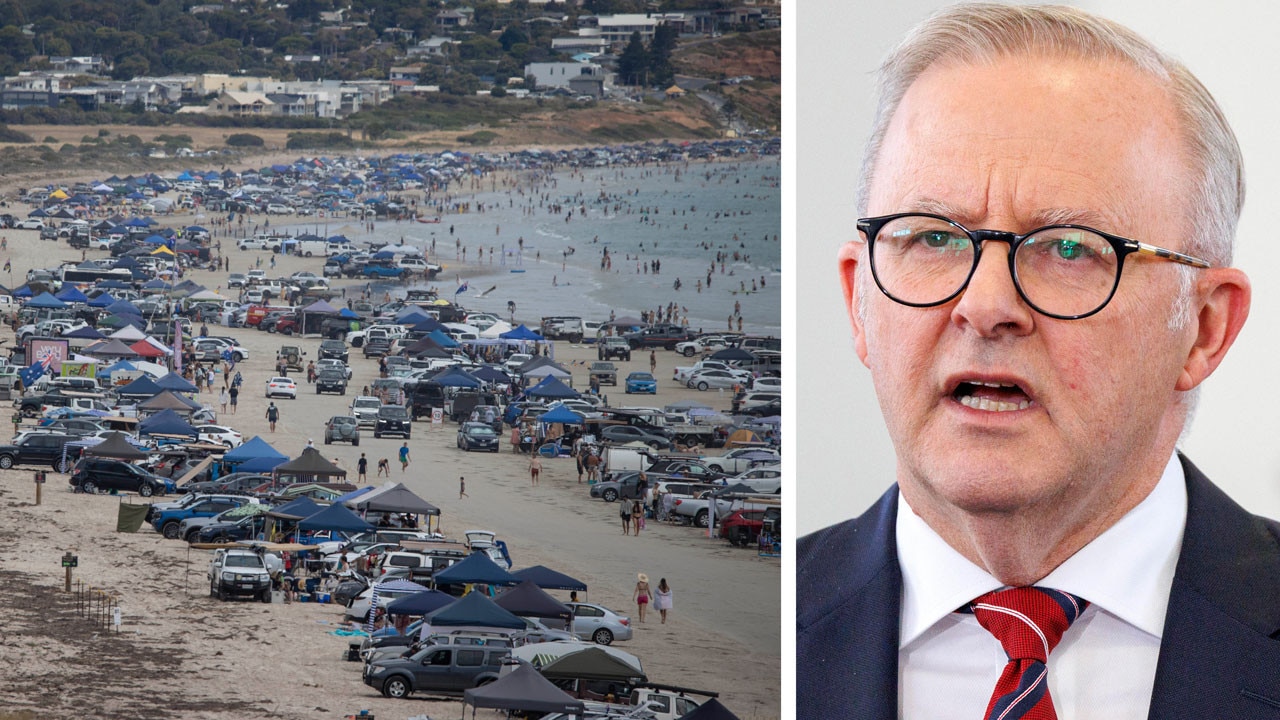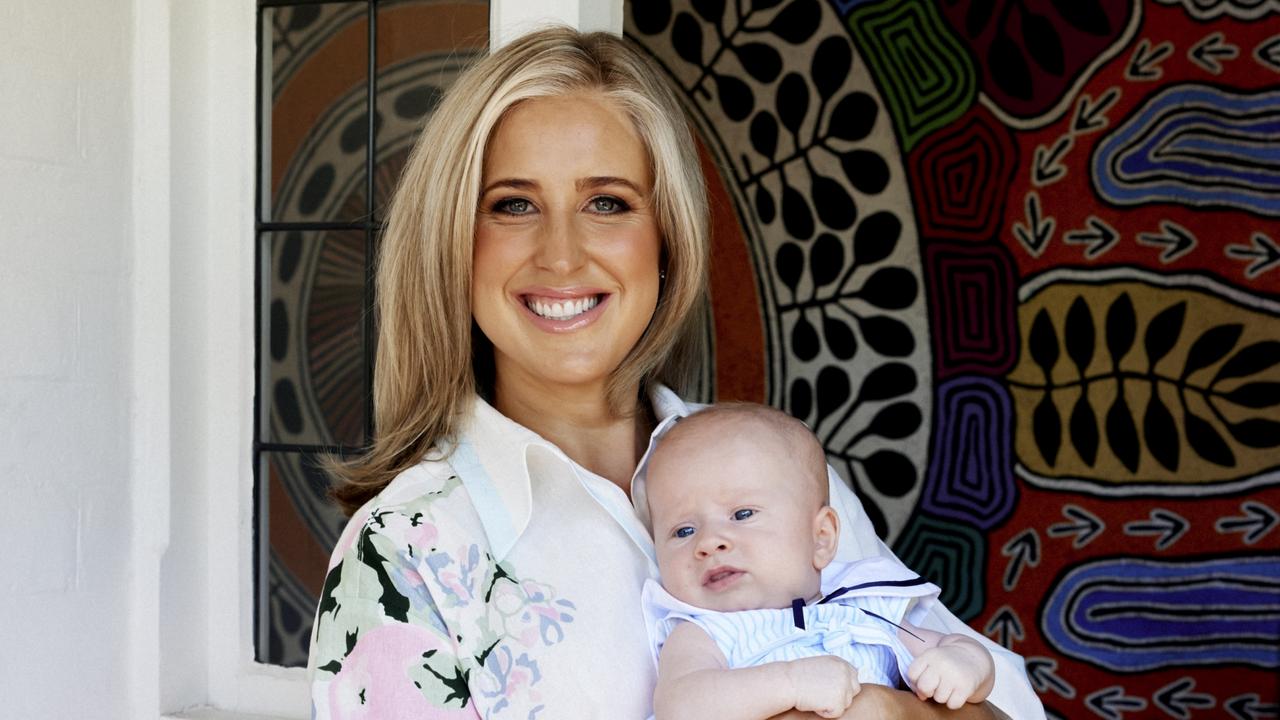Why trying to ease cost of living pressure is a problem for an incoming government
Cost-of-living crisis will be central to the fate of Anthony Albanese’s prime ministership — the government will need one vital thing to get them through.
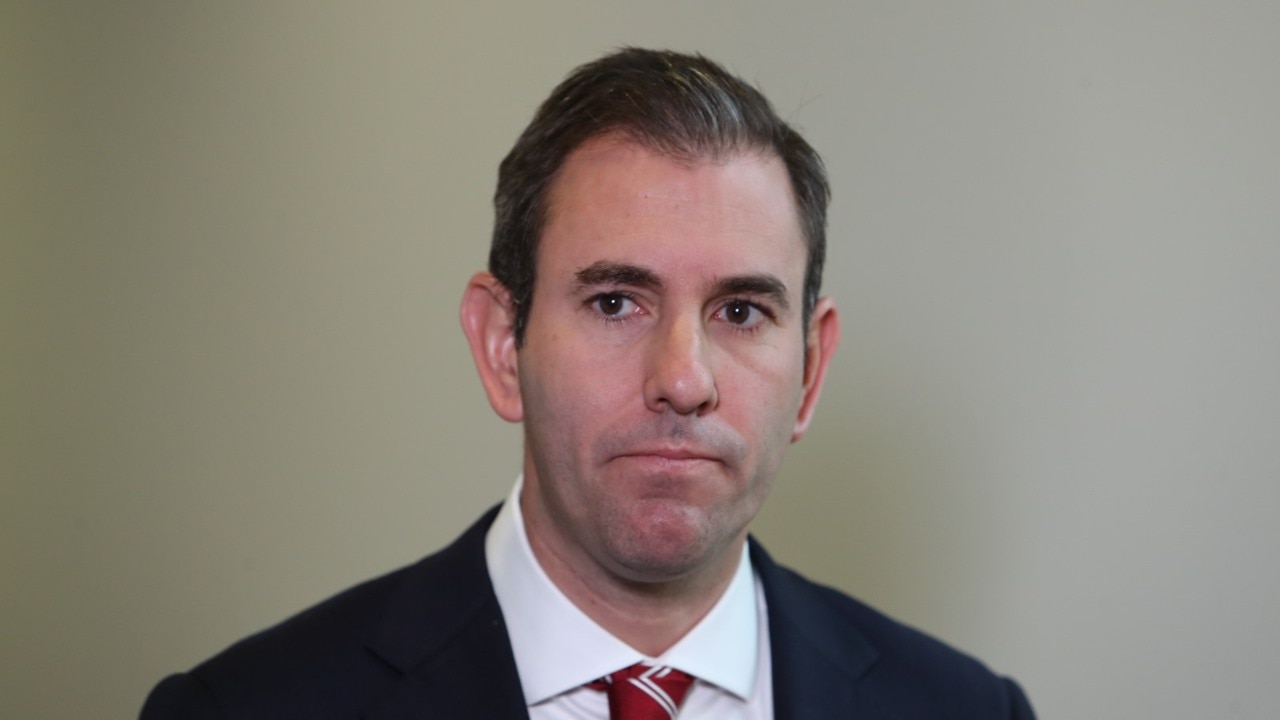
Opinion
Don't miss out on the headlines from Opinion. Followed categories will be added to My News.
Patience is a virtue in short supply these days, especially in politics.
The new government better have it in spades – and they must hope Australians can summon it too.
When Treasurer Jim Chalmers faced the media to respond to the biggest one-off interest rate rise in more than 20 years, he reasonably argued the cost-of-living crisis that had been brewing for a decade could not be solved in two-and-a-half weeks.
At some point, however, Chalmers will be expected to fix it.
How long that takes – if he succeeds at all – will be central to the fate of Anthony Albanese’s prime ministership.
That sounds like an impatient prediction. Chalmers, in honestly laying out the economic struggles facing families, seems to know better.
He is trying to buy himself time to respond.
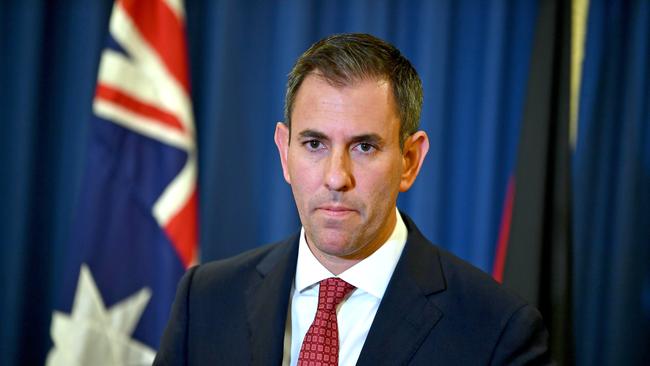
While Covid caused the biggest economic shock in almost a century, the amount of government money ploughed into the economy meant millions of Australians did not feel the pain expected when the pandemic began.
Many actually came out better off, and only now are they feeling the pinch.
This is not the fault of the new government. But as the Treasurer pointed out, the economic pain will get worse before it gets better – and it’s up to him to soothe it.
The test of Chalmers’s patience is that the medicine cupboard is bare.
With inflation soaring, the worst thing he could do is use the government’s balance sheet to put more money in our pockets, especially given his predecessor already cut the fuel excise, sent $250 cheques to pensioners and promised $420 tax refunds.
To many ordinary Australians, this lack of support may seem counterintuitive when they are facing soaring grocery and energy costs, especially after the government stepped in so regularly and generously over the past two years.
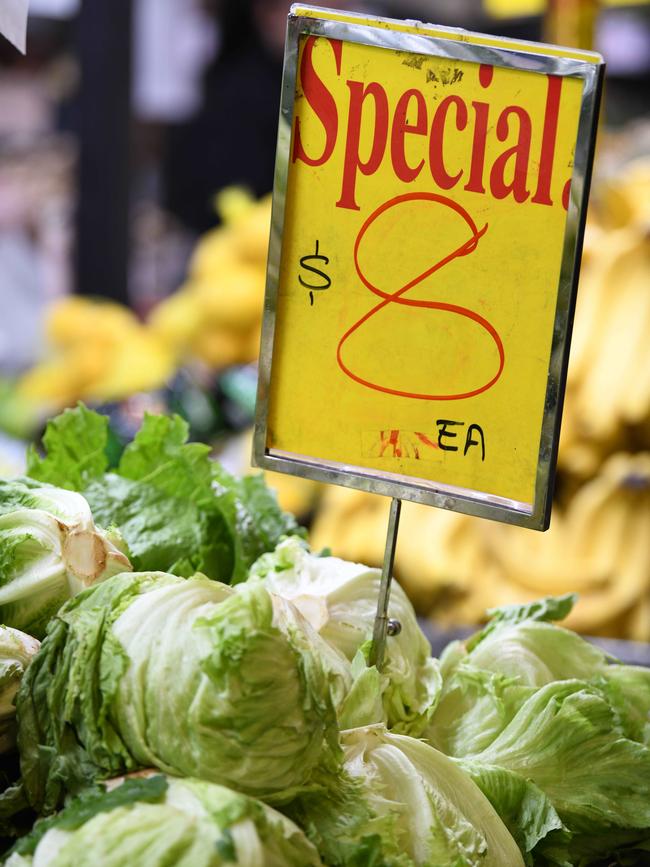
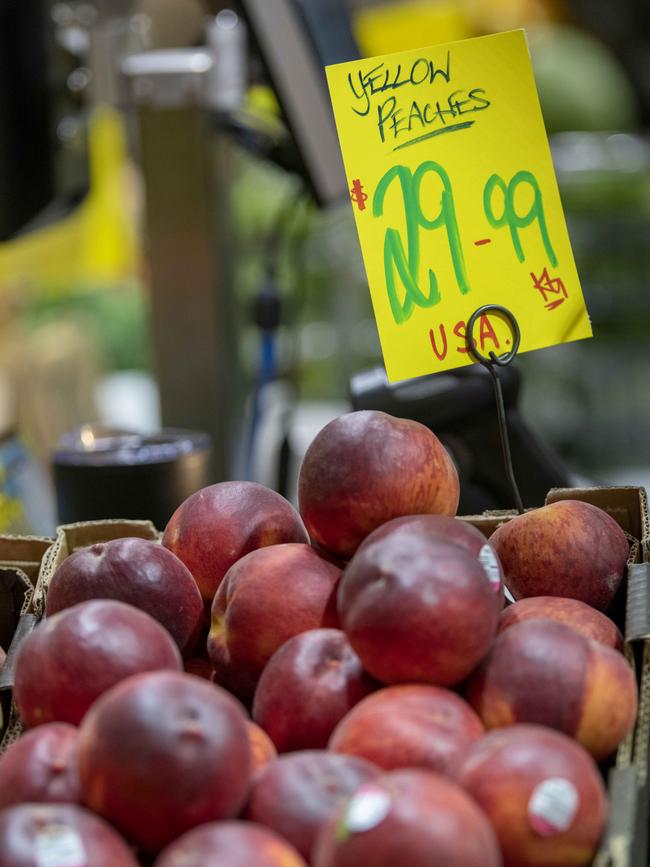
Indeed, for those without an interest in monetary policy, it may seem similarly strange – not to mention downright frustrating – that the Reserve Bank is rapidly lifting rates at the same time.
The truth is that there is no other option to hose down inflation. And that is why patience is so important.
While Chalmers and Albanese are vowing to continually review what support they can provide, the cost of living package promised in their October budget is shaping up to be a combination of Labor’s existing commitments.
These are worthwhile measures but they will not make an immediate or sizeable difference.
A $12.50 discount on medicines will not kick in until January 1, and only applies to scripts charged at the maximum co-payment rate.
Bigger childcare subsidies worth $5.4bn are not available until July 1 next year, and while 96 per cent of families using the system will be better off, that will not assist the majority overall.
The $275 saving on power bills from Labor’s energy policy is not promised to flow through until 2025.
What should make a difference for everyone is Albanese’s sweeping vow to deliver higher wages.
In opposition, Labor rightly diagnosed stagnant wages growth as a major political weakness for the Coalition. In government, there are no simple levers for Albanese and Chalmers to pull to fix this.
They have plenty of ideas, including urging Fair Work to lift the minimum wage, improving access to entitlements for gig economy workers, introducing “same job, same pay” rules for those employed through labour hire firms, and bringing together unions and business groups in an employment summit particularly focused on revamping the industrial relations system.
Ultimately, as Scott Morrison untactfully argued during the election, only employers can give pay rises to their employees.
While the tight labour market increases the pressure on them to do just that, inflation is already further straining their bottom lines.
Nevertheless, Labor promised higher wages, and workers will hold them responsible if they do not deliver.
Chalmers is also ploughing ahead with plans to review the Reserve Bank, as he should after its repeated failure to meet its inflation targets and what governor Philip Lowe conceded was an “embarrassing” mistake to forecast interest rates would not rise until 2024.
The Treasurer has avoided criticising the RBA, but as rates keep on climbing, perhaps he will use the review to redirect the anger from struggling families away from the government.
In February last year, as other countries raced ahead in the vaccine rollout, Australia had not even started.
“It’s not a race,” Morrison famously said.
What might surprise you in hindsight is that most of us agreed at the time.
Pollsters found 62.4 per cent thought the timing of Australia’s rollout was right, 29.4 per cent actually thought it was too soon to give out the jab, and just 8.3 per cent felt the vaccine was too late to arrive.
We were willing to be patient until we were not – and we all know how that ended for the former prime minister.
It is a cautionary tale for Chalmers.
While he has been admirably upfront with Australians about the economic challenges they are facing, their patience will inevitably run out one day. He can’t leave a stone unturned to find solutions that stop voters turning on the government.
Originally published as Why trying to ease cost of living pressure is a problem for an incoming government




